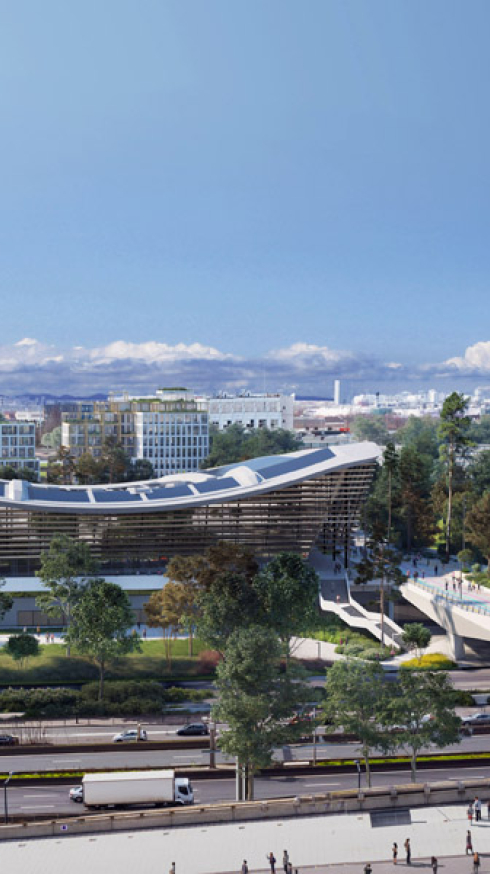

Article
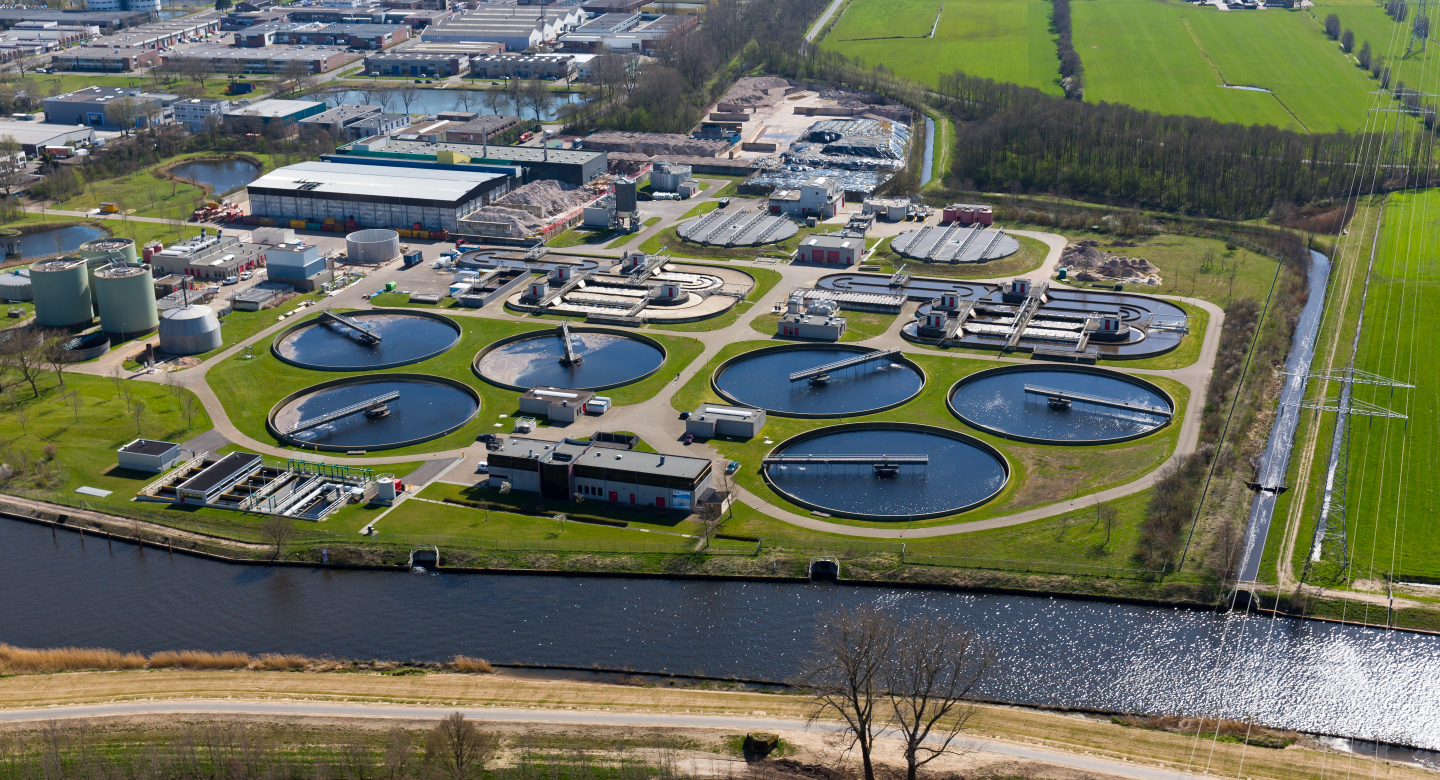
In the Netherlands, the circular economy is seen as an essential approach to contributing positively to global issues such as climate change, biodiversity loss, and pollution. Systemic changes are needed to mitigate the negative impact of a linear economy and use resources efficiently. Therefore, a collaborative environment is needed to progress this global circular economy. Waste and Circular Business Australia-Netherlands (WasteBAN) is a new public-private partnership with a group of Dutch companies in waste management and circular economy to bring proven solutions from the Netherlands to Australia.
Granted, Australia and the Netherlands are half a world apart, but that doesn't stop the companies in the WasteBAN cluster from extending a hand to their Australian counterparts. Dutch and Australian businesses are teaming up to work on better waste management and a more circular economy. In the run-up to the Waste 2024 Conference, from 14-16 May in Coffs Harbour, Australia, Waste Management Review (WMR) interviewed Joan Prummel, the program manager for International Circular Economy for the Ministry of Infrastructure and Water Management.
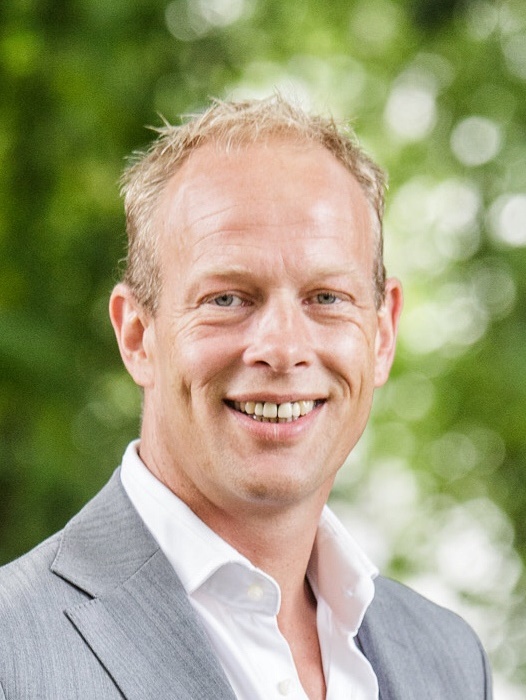
Joan Prummel will be a keynote speaker at the Waste 2024 Conference.
Image: Paul Voorham/paulvoorham.nl
The Netherlands is definitely among the front runners in implementing circularity. When we look at the flow of raw materials moving in and out of our economy, the Circularity Gap Report describes the Dutch economy as about 25% circular. The Netherlands is in a relatively good position compared to the global average of 8.6%, but we have a long way to go. Our aim is to have an economy 'within planetary boundaries' by 2050. Therefore, we are implementing a comprehensive National Circular Economy Programme that translates the broad circular ambitions to specific policies and measures in a broad range of sectors of our economy. The appeal of circular economic thinking is that it looks at sustainable development through an economic lens. The Dutch (and European) view considers circular economy a systemic approach to tackle global issues such as climate change, biodiversity loss and pollution. A circular economy stimulates innovation in all sectors of the economy, both in products and technologies as in processes and alliances. Specifically, start-ups and small and medium-sized enterprises (SMEs) can benefit from the transition to circularity.
The circular economy is not waste management 2.0. It's a systemic change of the whole economic system in the end. Circular waste management means that the waste management industry is shifting from collection and landfill or incineration to collection and separation and recycling. It also means a change in disposed material flows. Products designed for circularity use less materials and have a longer useful life. The used materials are easily separated for recycling at the end of the product's life. This means slower and smaller cycles for the waste management industry but with better recyclable materials of higher value. It will be a slow change because waste collection and proper disposal are needed while building a future-proof infrastructure for separation and recycling. In our interconnected world, you can only be circular if you actively collaborate with your supply chains. This creates exciting opportunities for like-minded trading partners like Australia and the Netherlands. Furthermore, the circular economy will substantially contribute to global issues such as climate change, biodiversity loss and pollution. However, it will only deliver these desired impacts if circularity develops to a massive international scale. Individual small-scale innovations and improvements are essential, but they need scaling up to create volumes leading to global impact.
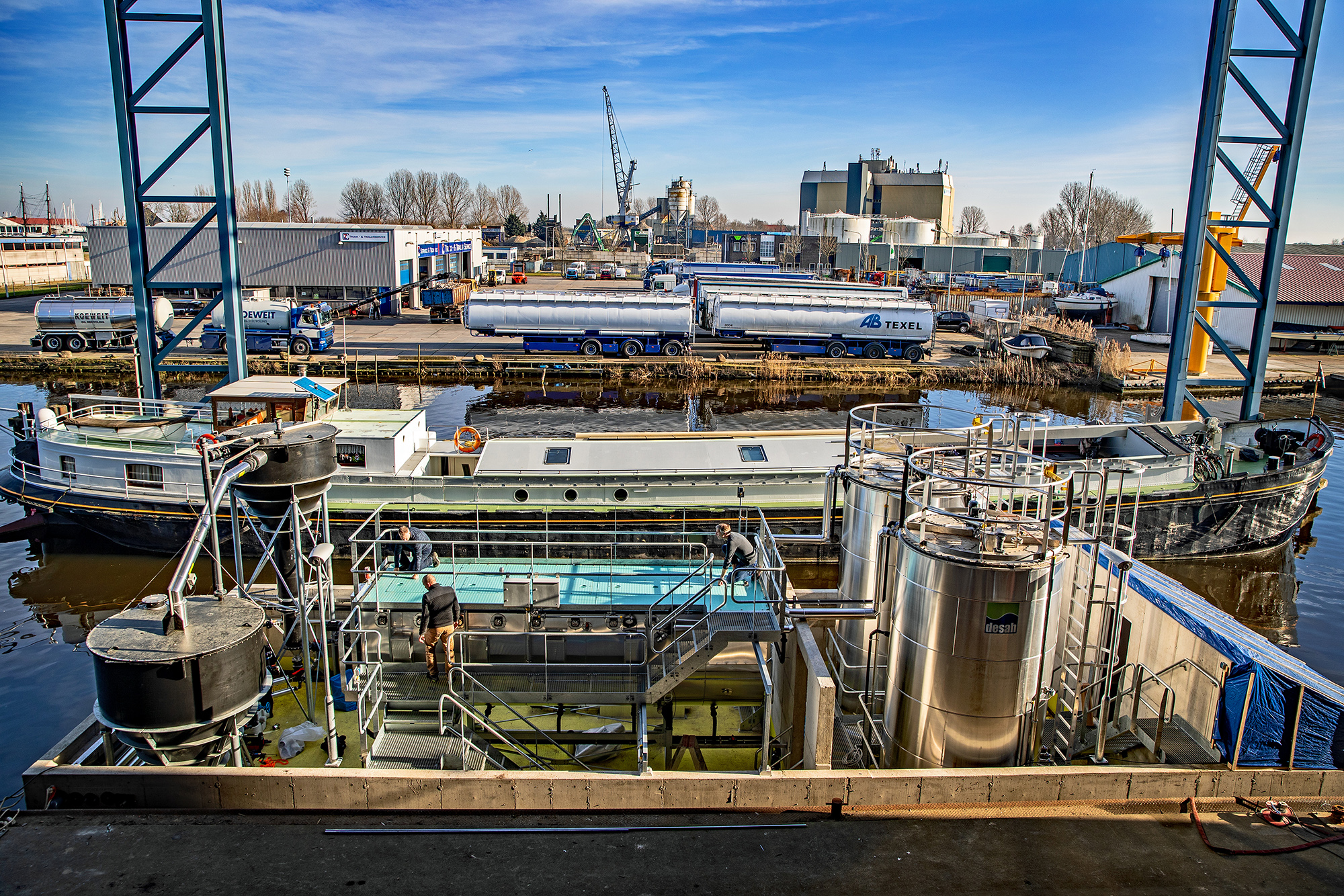
Amsterdam’s newly built De Keuvel floating housing development has its own floating wastewater treatment facility, a world-first. It depollutes wastewater for 550 households and is energy-neutral. Image: DeSaH
Being circular in isolation does not make sense. Collaboration is vital to learning and sharing and working together to avoid new pitfalls reminds the industry that there is no one-size-fits-all solution. Every municipality is different. However, we can work towards the same aims from those differences. Collaboration accelerates learning, as does sharing best practices. For instance, we help local learning networks in Europe, the so-called Green Deals, to support collaborative learning. They facilitate the sharing of learnings and best practices. Furthermore, we developed the national platform 'Circular Accelerator' to share experiences and connect people and organisations. Both instruments are open to public and private organisations.
Creating a collaborative environment is one of the most essential things for progressing a global circular economy. We want industries, governments and knowledge institutions to work together to develop a step-by-step model for driving the transition. Producers and retailers need to change the design of products and their business models. The goal will be to support products with a longer useful life and better end-of-life recycling. Similarly, users and consumers will change their behaviours accordingly. This will require the waste management sector to consider how this impacts them. The industry must be an equal and active partner in this collaborative discussion, staying independent of whatever the pace of change will be. Looking at the situation in Australia, time is one of the most significant and vital barriers. Political will and matching policies can take a lot of time to develop a great idea. Implementing systemic changes then takes a lot of time and effort. You have to look at the harmonising instruments that align with policies and ambition, such as procurement policies and subsidies. When looking at the Dutch models, one of the main activities at a national level is having the private sector involved at the earliest opportunity. When we drafted the first national plan for the circular economy in 2016, we decided to work from five priority sectors, the so-called 'transition agendas. They were biomass, food, plastics, manufacturing, construction, and consumer goods. Not all were real business sectors, but we invited representatives from businesses, knowledge institutions and non-profit organisations to develop agendas around these priorities. These collaborations still exist, although in different forms.
Procurement as a cross-cutting process is one of the most logical, direct, and visible extensions of vision and ambition when a government or company wants to improve its environmental, social and governance. Public procurement, as a policy instrument, can drive change. Governments can steer and stimulate suppliers by their demand to produce and create better-designed products and circular business models that match their policies and aims. A global approach is needed if Australia truly wants to adopt a circular economy that delivers on climate change, biodiversity loss and pollution. It will be a long and bumpy ride, but if we want to contribute, the more robust economies must do a big chunk of the hard work. They need to explore innovations, implement them, and then scale them up substantially for global use. Exporting knowledge, experience, and solutions to the so-called 'Global South' will support investment in those solutions.
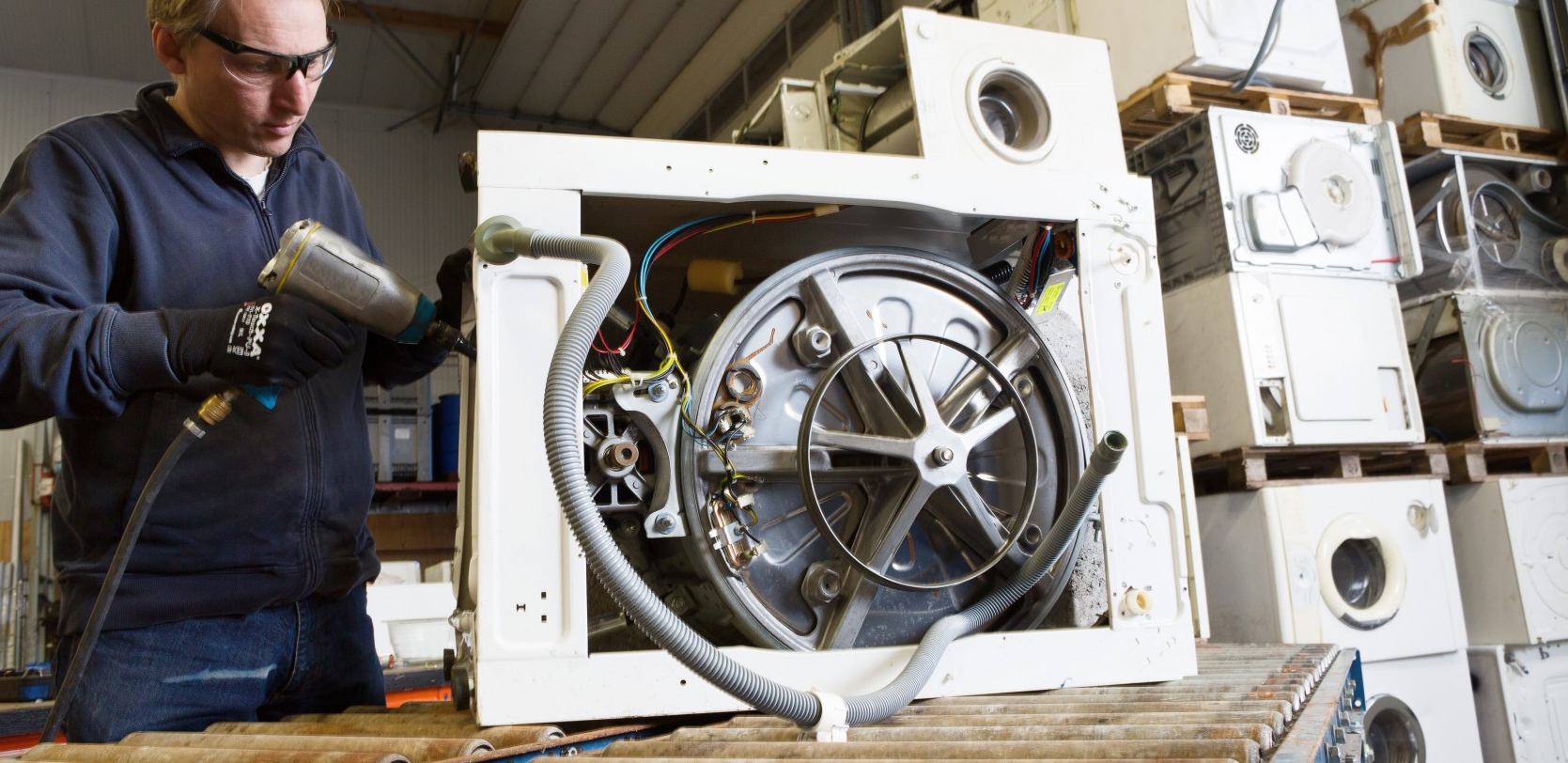
Wecycle Service Center
Any conference or summit is essential for exchanging ideas, experiences, and knowledge. At all these events, new and different approaches to waste management, including their supporting technologies and solutions, are shared and discussed. Conferences such as Coffs Harbour can show how to bridge the gap between holistic ambitions and practical measures. They will inspire governments at all levels to consider the circular economy as part of the solution to a sustainable country.
The circular economy envoy from the Netherlands will speak on various topics at Coffs Harbour Waste Conference, held from 14 to 16 May, at the Opal Cove Resort in Coffs Harbour.
This interview is based on the article written by Lisa Korycki for WMR on March 19th.
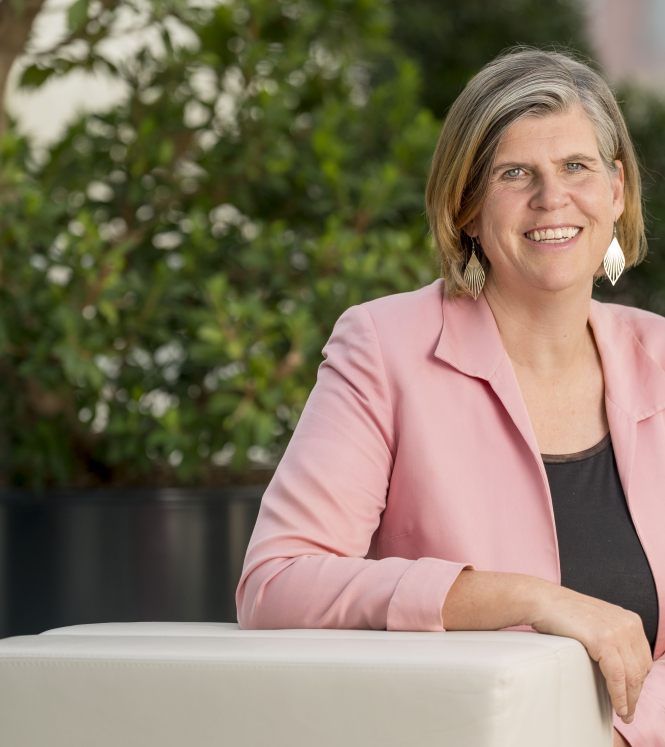
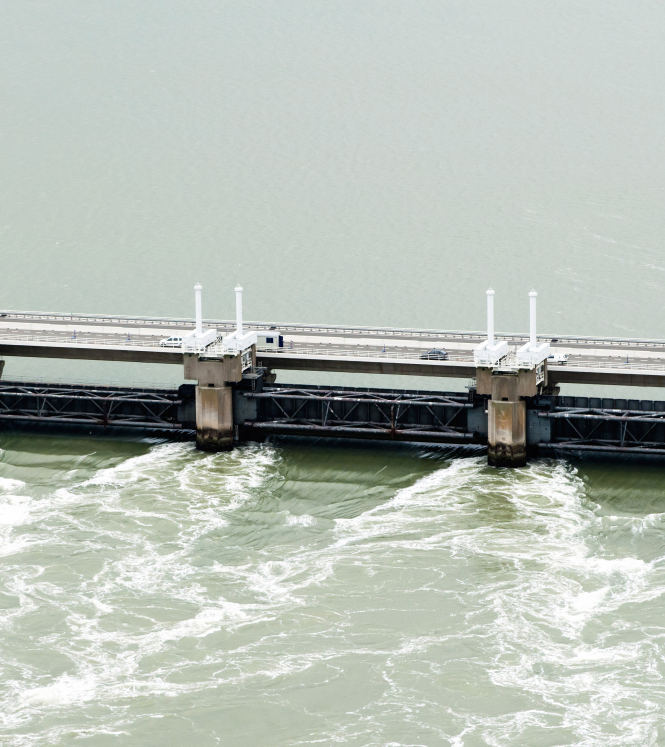
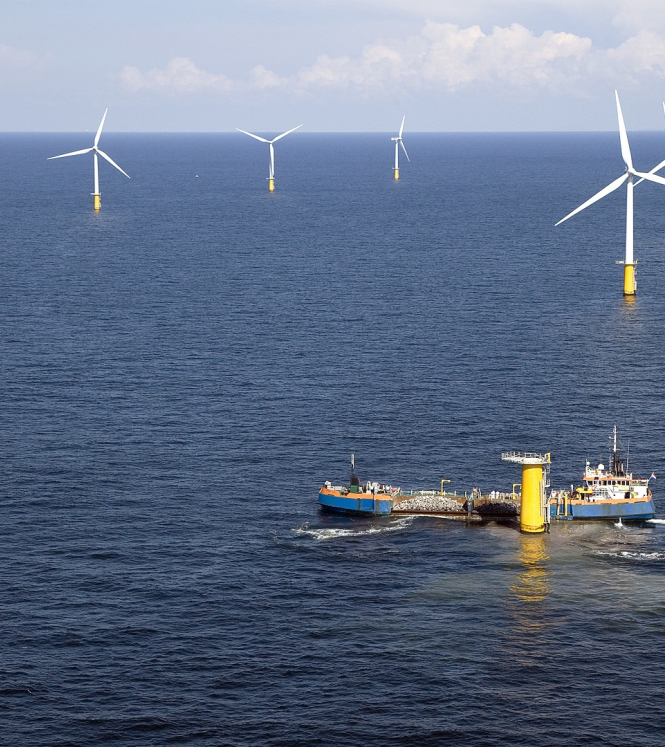
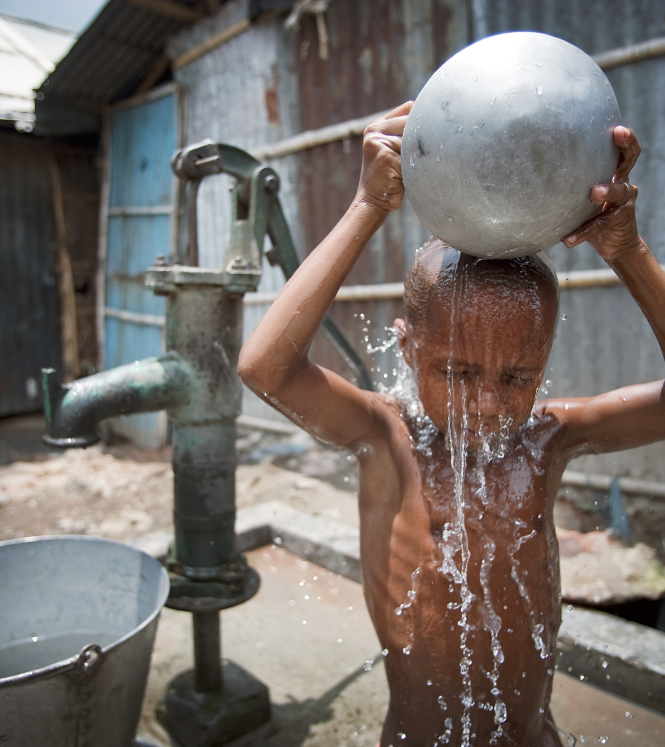
Want to know more about how you can work together with the Netherlands to achieve your goals? Or how you can help contribute to or spread the word on campaigns, events and initiatives? Contact us directly at info@nlplatform.nl so we can help you connect to the right people.